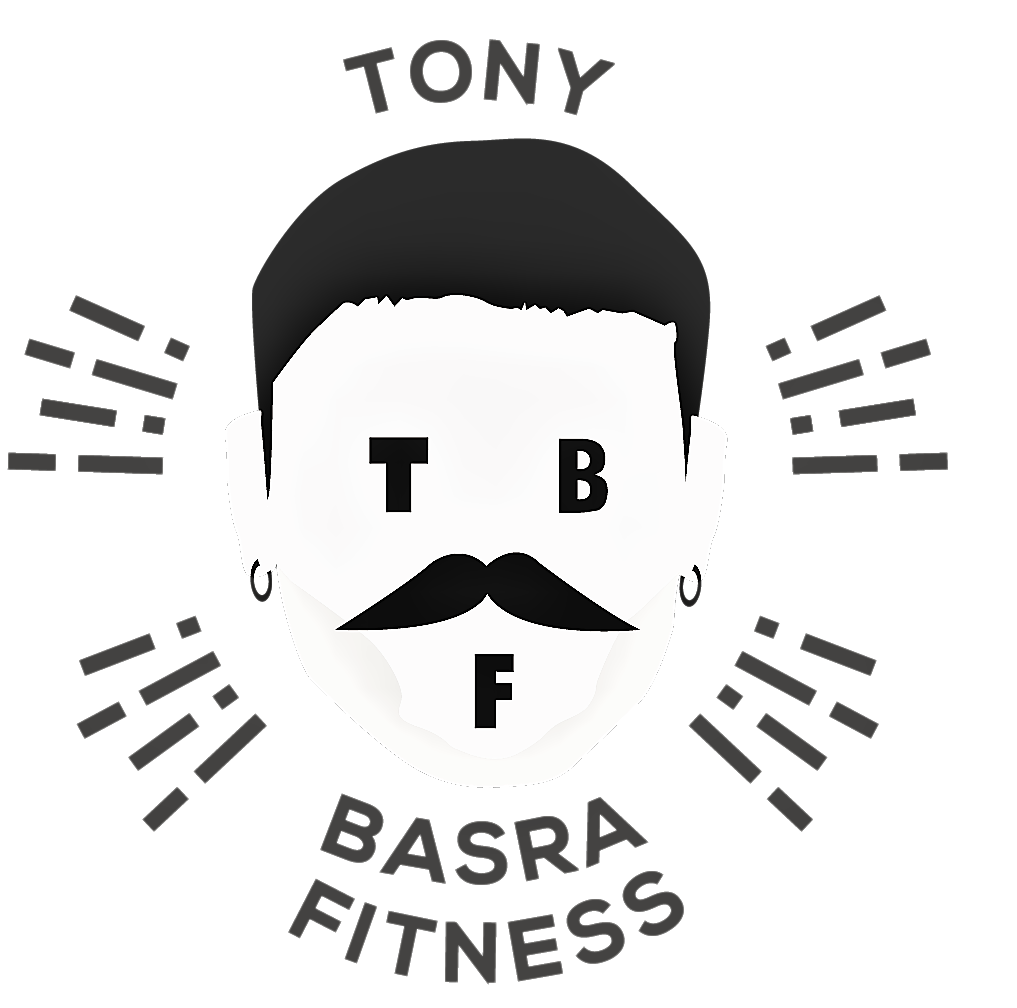A Farewell to the Fad Diet
Let’s face it - the real key to your ideal physique is dedication, hard work and patience. If that doesn’t sound like your bag, then learn to love those rolls; otherwise, popular diet crazes can often seem the answer. There are many popular fad diets out there that have hit the dieting scene over the last few years - these include baby food, 5:2, Atkins, alkaline, meal replacement and the maple syrup diet amongst others. Results often vary when it comes to these, but short term weight loss can be managed safely if you choose the right one. Choose wisely, however; your taste buds will thank you later...
THE GOOD
The Keto Diet
This one is a high protein and good fats diet but low carb. It can be difficult to follow but is more manageable than others and results have been good for many people. I feel it can be a good way of examining then changing up some unhealthy eating habits the dieter might have but I don’t believe it’s the answer for long term weight loss. It can have a negative effect on your body’s insulin sensitivity due to the lack of carbs in there.
The Paleo Diet
This can be a good diet for improving gut health and keeping your energy levels up as you’re effectively eating as our ancestors did back in the day. No processed foods, a lot of nuts, seeds, legumes, leafy veg, veg in general and different proteins. The downfalls are it can be pricey and you do miss out on dairy and grains.
Intermittent Fasting
With this you still eat the same number of calories as you normally would, just within a shorter period - for example, you fast between 8pm at night and noon the next day then between 12pm to 8pm you get to eat the day’s calories. It can be an effective tool if your aim is to lose some body fat, but be prepared to gaze into a randoms mouth as they chew their morning roll on the train next to you. It’s also been said this diet can encourage binge eating, which ultimately is an unhealthy habit to fall into.
The 5:2 Diet
Another diet that has hit the weight loss scene over the last few years and has been widely used more recently is the 5:2 diet. It’s a form of intermittent fasting, where for five days of the week for example Tue-Saturday you can eat the number of calories your body needs to survive and some extra on top if you wish. So, yes, that means a slice of chocolate cake is allowed, but on Sunday and Monday you are only meant to consume 500 kcals. So how does this translate into a normal day? After your Sunday morning duvet day, you want some eggs. So you cook a couple and have some toast and a coffee. That’s around 300 kcals gone already, and it leaves you with just 200 kcals for the rest of the day. It can be a hard one to follow especially if life gets in the way. Users have also reported that on their two fasting days they experience low energy levels, poor concentration, headaches and dizziness.
My advice is, like intermittent fasting, it can give you results. But ultimately I would say don’t do it, as there is better ways out there.
THE BAD
The Meal Replacement Diet
Meal replacement and nutritional supplement diets have also been favoured over the years by many people on the quest for fat loss. This from of dieting can end up being very expensive though and also unsatisfying. This type of dieting may produce some short-term results but ultimately, it’s not sustainable either. One of the major issues around these products is that they’re generally marketed quite well and may bend the truth ever so slightly. These shakes work as they can cut your kcal intake by more than half during your lunch hour, with most of them being around 200 kcals each though research shows that when chewing or eating food, your bodies hormones communicate with the brain to satisfy its need for fullness and takes pleasure from an intake food. This is something shakes can’t provide.
THE DOWNRIGHT FUGLY
The Baby Food Diet
This involves eating a wee jar of baby food instead of two meals or large snacks throughout your day. Kcals in baby food ranges from 20-100 in one portion and some people say that baby food contains all the essential nutrients that fully-grown adults need(the clue’s in the name ffs). I don’t believe so! How the diet works is it helps create a calorie deficient, as you are replacing say a normal 400-500 calorie meal with a 20-100 calorie meal instead, creating a difference of around 400 kcals. There’s much better ways to create calories deficits - for example cardiovascular exercise - which also helps improve your mood and heart health. Ultimately the baby food diet might produce some short-term results, however if you fall within the 2-79 age demographic then I’d give it a swerve, if only for your self-respect.
The Maple Syrup Diet
As much as I love maple syrup, eating it mixed with lemon juice and a few other bits does not constitute as a meal - at best it’s a misguided condiment. I know Beyonce was an ambassador for this diet in the past, but this is a woman who demanded Jay-Z put a ring on it - she has superhuman powers beyond us mere mortals, including and apparent immunity to hunger judging by her views on this fad.
So how do you find what’s right for you? It’s all about a sustainable, well balanced healthy diet matched with regular exercise and plenty of water intake. You should aim to give your body the nutrition it needs, which means incorporating all macro nutrients into your diet.
